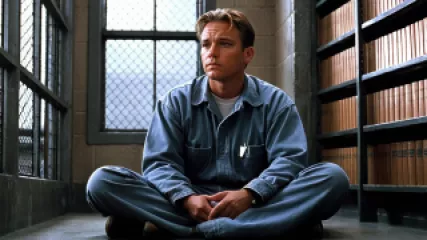Overcoming Envy: A Personal Journey to Self-Acceptance
1 year ago
Dealing with Envy
Improving Mental Health in Rural Areas: A Step-by-Step Guide
1 year ago
Mental Health in Rural Areas
How to Cope with Friendship Problems: A Psychological Perspective
1 year ago
Friendship Psychology
The Psychology of Humor: An Interview with a Comedy Therapist
1 year ago
Psychology of Humor
How Colors Influence Mood and Atmosphere in Home Interiors
1 year ago
Psychology of Color in Interiors
Peer Pressure: A Perspective on Mental Health and Social Conformity
1 year ago
Peer Pressure
My Journey Exploring Different Decision Making Styles
1 year ago
Psychology of Decision Making
The Ultimate Guide to Fostering Psychological Safety at Work
1 year ago
Psychological Safety at Work
The Ultimate Guide to Building Healthy Peer Relationships
1 year ago
Peer Relationships
How to Improve Relationship Communication: 5 Effective Strategies
1 year ago
Improving Relationship Communication
5 Heartwarming Gratitude Lessons from 'The Pursuit of Happyness'
1 year ago
Daily Gratitude Practices
5 Lessons from 'Crazy Rich Asians' to Improve Expat Mental Health
1 year ago
Mental Health in Diaspora
How to Clear Mental Space by Decluttering Your Life
1 year ago
Psychology of Clutter
The Ultimate Guide to Mindfulness vs Meditation for Mental Health Support
1 year ago
Mindfulness vs Meditation
Lessons from "The Shawshank Redemption" for Your Mental Health Recovery Journey
1 year ago
Recovery Journey














